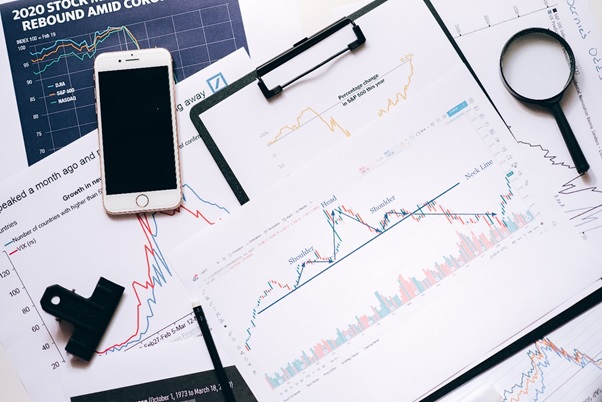Trading in shares has now become simplified owing to online stock broking platform . For trading, you need to open Demat account, in which the shares purchased/sold are credited/debited. However, this does not mean that it will be immediately credited to your Demat account when you buy a stock. Indian Stock Exchanges apply the T+2 days’ mechanism, wherein shares get transferred to the buyer’s account by the Depository Participant (DP) in T+2 settlement days.
It is necessary to understand the T+2 settlement cycle. This will help evaluate share clearing, settlement and subsequent reflection in your Demat account.
What are T+2 settlement days?
T+2 settlement days is the norm for share settlement in India. Though the trading process has been digitized, there are still DPs who do not use the online medium. They still apply the traditional physical method of undertaking checks and transferring share ownership via Delivery Instruction Slips. So, DPs require an optimum time of trade date (T) + 2 days to get the settlement done. T+2 days thus indicates an optimum time of two trading days post said transaction, excluding trade holidays.
In a typical scenario, this indicates the optimum time limit for shares to be reflected in a Demat account. So, if you have purchased a share on a trade date known as “T Day”, then the shares will get reflected only at the end of T+2 settlement days. They can then be transacted on T+3 days.
However, even after the expiry of T+2 days, the account may not display the said purchased stock credit.
Is this a cause for concern? Not necessarily, as there could be various genuine reasons for your Demat account not to show the stock post T+2 days.
Reasons for shares not reflecting in Demat account
- Your broker’s payment is overdueTo open a Demat account and trade through it, you must pay certain charges. DPs don’t generally hold back transferring your shares if their nominal charges are outstanding. Still, if such overdue charges are significant, they could delay crediting shares in the said Demat account until you have payment of the outstanding. Such overdue charges include unpaid margins, annual fees for maintaining the Demat account, and the like. To avoid such issues, it is better to pay all trading-related costs to DP on time.
- Insufficient number of shares purchased
You may have purchased a specific share quantity, but that quantity is unavailable for selling across the stock market, as the seller has not yet made it accessible. So, your Demat account does not reflect the said purchase. This commonly happens due to market liquidity issues. Such stocks get credited in around 6 days. Else, you get a refund.
Usually, shares traded through these accounts get credited in the T+2 settlement cycle. Still, owing to the key reasons stated above, there could be a delay in transfer. Intimate your DP/broker for any delay beyond T+2 days.
